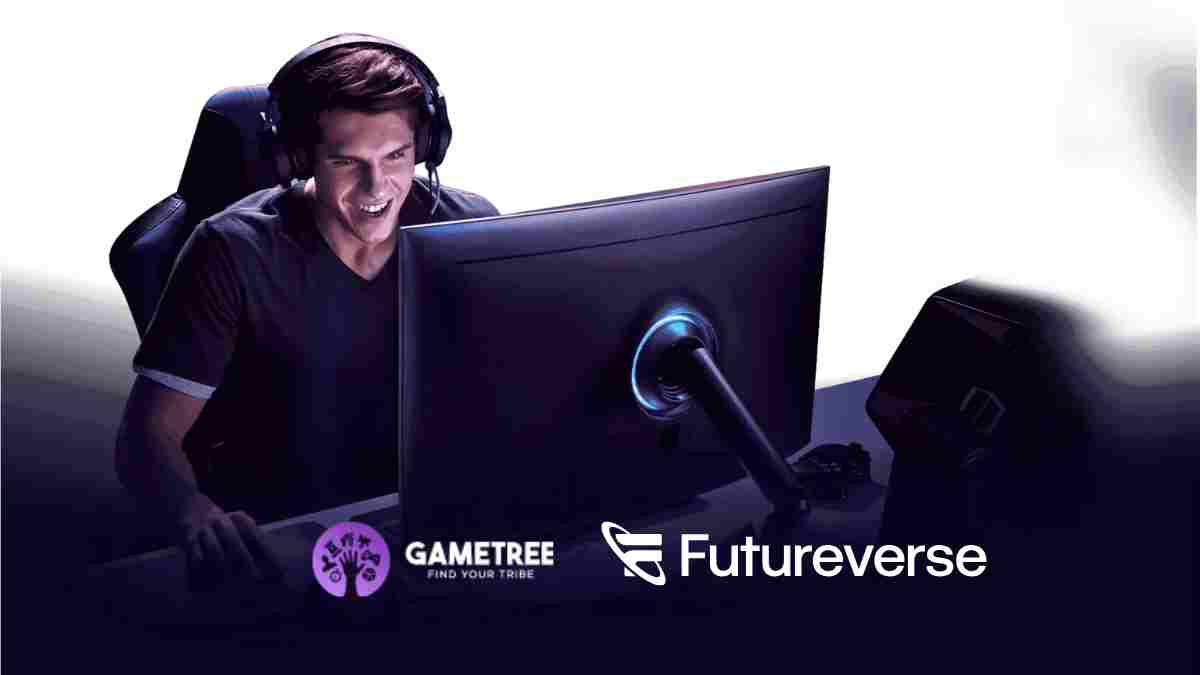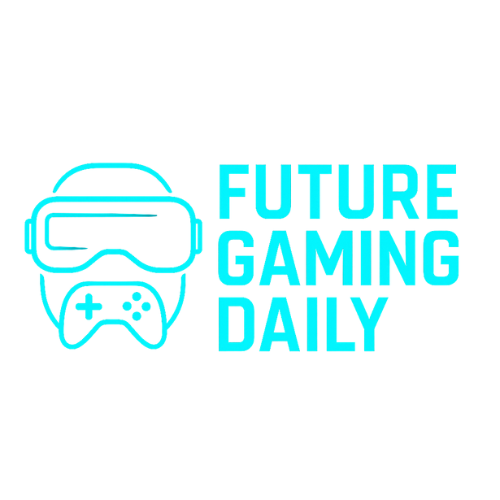GameTree, a platform focused on social matchmaking and community tools for gamers, is shifting deeper into Web3 territory. The company is working on a new wallet solution that blends blockchain functions into games in a way that feels less like a crypto product and more like a familiar gaming feature. To do this, GameTree has partnered with Futureverse, a company that offers foundational tools for Web3 development, including identity systems and wallet services.
The collaboration is meant to help GameTree lower the technical barriers for both players and developers working in the blockchain space.
A Wallet That Doesn’t Feel Like a Wallet
GameTree isn’t aiming to recreate MetaMask. Their goal is to create an integrated wallet that’s invisible to the average player. The idea is to let users manage their in-game assets—like cosmetics or collectibles—without needing to understand crypto or handle keys manually.
This system will live within the GameTree ecosystem, tapping into Futureverse’s infrastructure, which includes The Root Network and a biometric identity framework. That setup is designed to simplify account creation, asset storage, and cross-game interactions without compromising the ownership model that Web3 enables.
Infrastructure Built for Interoperability
Futureverse’s tech stack offers something that traditional wallets and identity systems don’t: cross-platform compatibility designed specifically for games and virtual worlds. GameTree plans to use this to support a more seamless experience across different titles and studios. While Futureverse has been involved in other Web3 projects, including metaverse experiments and blockchain tools, this collaboration is more focused on backend integration than front-facing features. For GameTree, this isn’t about building a metaverse—it’s about smoothing out how Web3 tools show up in day-to-day gameplay.
Unlike many blockchain-based initiatives, GameTree isn’t launching a token or economy around this new wallet system, at least not yet. The focus is squarely on usability—reducing friction for developers looking to add asset ownership or interoperability without overhauling their existing games.
Whether this wallet becomes a wider standard depends on adoption. But it’s a sign that some Web3 game companies are moving away from speculative tokens and toward infrastructure that solves real problems. GameTree is betting that simplicity and seamless integration will matter more than hype.
A Broader Trend Toward Quiet Web3
GameTree’s wallet project reflects a broader shift in Web3 gaming: less talk about tokens, more focus on invisible tech. As more studios experiment with blockchain features, the pressure is on to make them feel intuitive and optional, not like a prerequisite for playing.
If GameTree can pull this off, it could help bridge the gap between traditional mobile/social games and blockchain-enabled experiences. The success of this model likely won’t come down to features—it’ll come down to whether players notice (or even care) that blockchain is involved at all.
Gaming Strategist & Trend Analyst
With a background in game economics and digital culture, METAREPORT connects the dots. He dissects trends, deciphers strategies, and delivers data-backed insights for gamers, creators, and investors alike.



